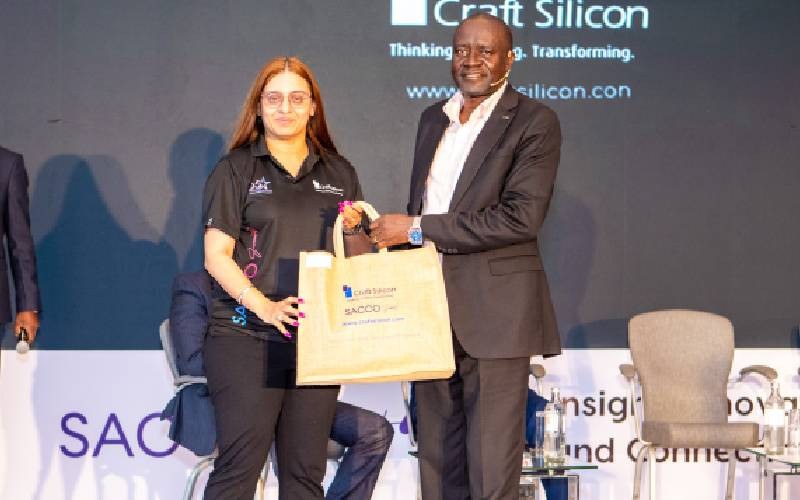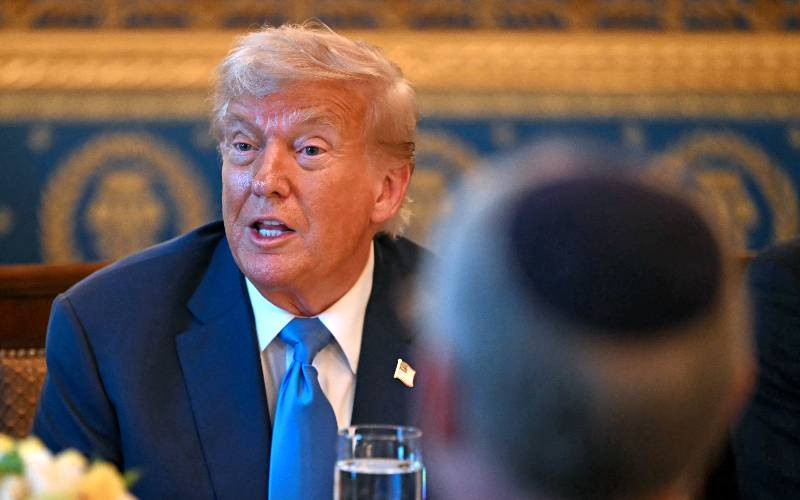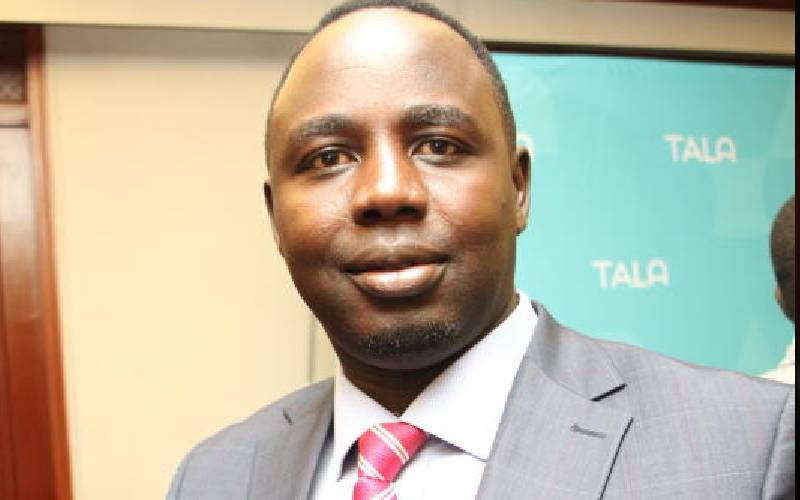
A mobile smartphone and credit card in the background. [Image sourced]
As the Kenya Revenue Authority (KRA) moves to register all mobile devices in the country, concerns have risen over data privacy and security.
To ensure tax compliance, the Communications Authority (CA) last week directed that all phone manufacturers, retailers, and mobile network operators upload each device's International Mobile Equipment Identity (IMEI) number to a KRA-provided portal.
“All mobile phone importers will be required to disclose the IMEI number in their respective import documents submitted to the KRA,” the CA stated in a notice.
So what is the IMEI number?
The IMEI (International Mobile Equipment Identity) number is a unique 15-digit serial code identifying each mobile device globally. If a mobile phone is connected to a network, its IMEI number is already registered.
How it works
The IMEI number provides details about the smartphone, including the brand, model, year of release, and other specifications.
These numbers are stored in a database called the Equipment Identity Register (EIR), which tracks information on all valid mobile devices. The EIR can verify that calls or messages originate from an authorised mobile device.
For individuals, the IMEI number is essential as it can help track and secure lost or stolen phones. Security agencies can also use it to locate a phone based on its last connection to a mobile network.
All genuine mobile phones have valid IMEI numbers and meet international technical and safety standards, while counterfeit devices lack valid IMEI numbers.
You can verify a phone’s IMEI by dialing *#06# and texting the 15-digit number to 1555. After verification, users receive a response confirming the IMEI’s validity and the model of the device.
Security expert Andrew Franklin explains that tracking IMEI numbers is intended to help the government monitor financial transactions.
“They’re targeting tax evaders, not money launderers,” he said, adding that the program seems more about revenue generation than public benefit.
Franklin expressed skepticism about the program’s effectiveness, comparing it to other initiatives like the Huduma number, which he believes suffered from poor implementation.
Stay informed. Subscribe to our newsletter
“In this country, nothing is ever fully implemented,” he added.
He also questioned what would happen to users of older phones who have not registered their IMEI numbers.







